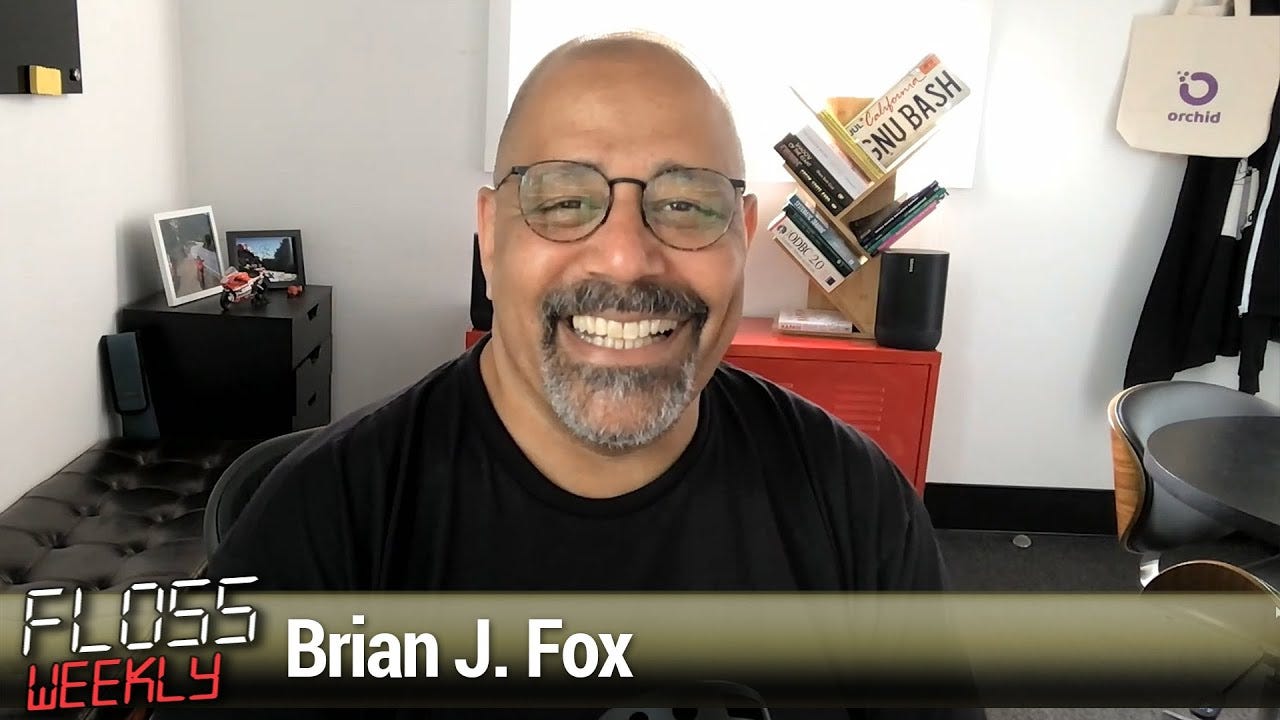Brian Fox: The Creator of Bash and Open-Source Freedom Advocate
Brian Fox is a renowned American computer programmer, open-source advocate, and entrepreneur best known for creating the GNU Bash (Bourne Again Shell), the default command-line shell on most Unix-based operating systems. Born in 1959, Fox has made significant contributions to the open-source software movement, and his work has had a lasting impact on software development, systems administration, and operating system design.
Early Life and Education
Brian Fox showed an early interest in technology and computers. Growing up in a time when computer science was emerging as a field, he quickly became fascinated with the new possibilities that software could offer. Fox's passion for coding grew during his formative years, and he gained a strong understanding of computer science concepts, laying the groundwork for his future contributions to open-source software.
Career Highlights
GNU Bash
In 1989, Richard Stallman, the founder of the Free Software Foundation (FSF) and the GNU Project, hired Fox to write a new shell for the GNU operating system. At the time, Unix shells were generally proprietary, and Stallman needed a free alternative for the GNU project. Fox developed GNU Bash (Bourne Again Shell) as a free software replacement for the Bourne Shell (sh), including additional features and a syntax that would later become the standard for many Unix-like operating systems.
Bash is known for its compatibility with existing Unix systems and its scripting capabilities, which empower users to automate repetitive tasks. Since its initial release, Bash has been included in nearly all major Linux distributions and macOS, becoming one of the most widely used shells worldwide.
Contributions to Free and Open-Source Software
Fox has consistently championed free and open-source software (FOSS). After his work on Bash, he contributed to other GNU projects, including the GNU Readline library, which provides command-line editing and history features for various applications. His work was not only foundational for the GNU Project but also laid the groundwork for later FOSS movements.
As an advocate for software freedom, Fox's views aligned with Stallman's philosophy on the ethical and practical benefits of free software. His contributions to the free software ecosystem go beyond code; he has been vocal about issues concerning software licenses, digital rights, and open access.
Entrepreneurship and Other Projects
Beyond his work with GNU, Fox is an entrepreneur who has founded and contributed to several tech startups and projects. In 1995, he co-founded the e-commerce company, BuyDirect, one of the earliest online software stores, which was eventually acquired by the company Beyond.com. His entrepreneurial work has intersected with his values on software freedom, focusing on innovative technology solutions that respect users’ rights.
Fox also worked on "Shell In A Box," a web-based shell that allows users to access a command-line interface over HTTP, further enhancing remote system management capabilities for users worldwide.
In recent years, Fox has continued to contribute to the tech industry through various projects and ventures. He co-founded Orchid Labs, a project focused on creating a decentralized, secure, and private internet using blockchain technology. The project's mission is to provide a censorship-resistant internet, reflecting Fox's long-standing advocacy for privacy and free access to information.
Legacy and Influence
Brian Fox's contributions have had a lasting impact on the software development world. Bash has not only become a ubiquitous tool for developers, system administrators, and tech enthusiasts but also serves as a key element in learning programming and scripting for many beginners. His work continues to be celebrated by the FOSS community, and his legacy as a developer and advocate for software freedom is widely recognized.
Fox's career exemplifies the transformative power of free software, and his dedication to software freedom has inspired generations of developers and tech activists. Through his technical contributions and advocacy, he has left an indelible mark on the world of open-source software, helping to establish it as a viable and essential alternative to proprietary software.


